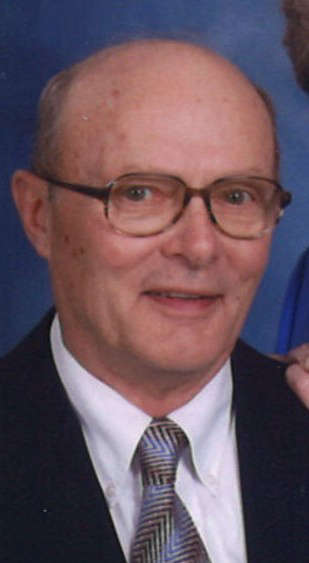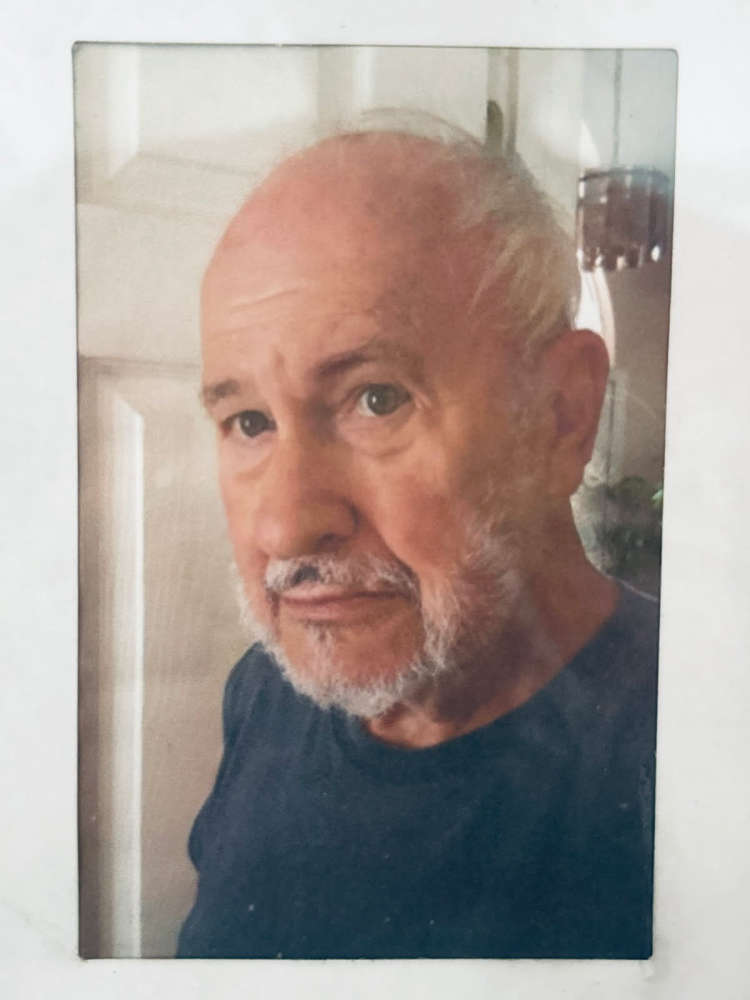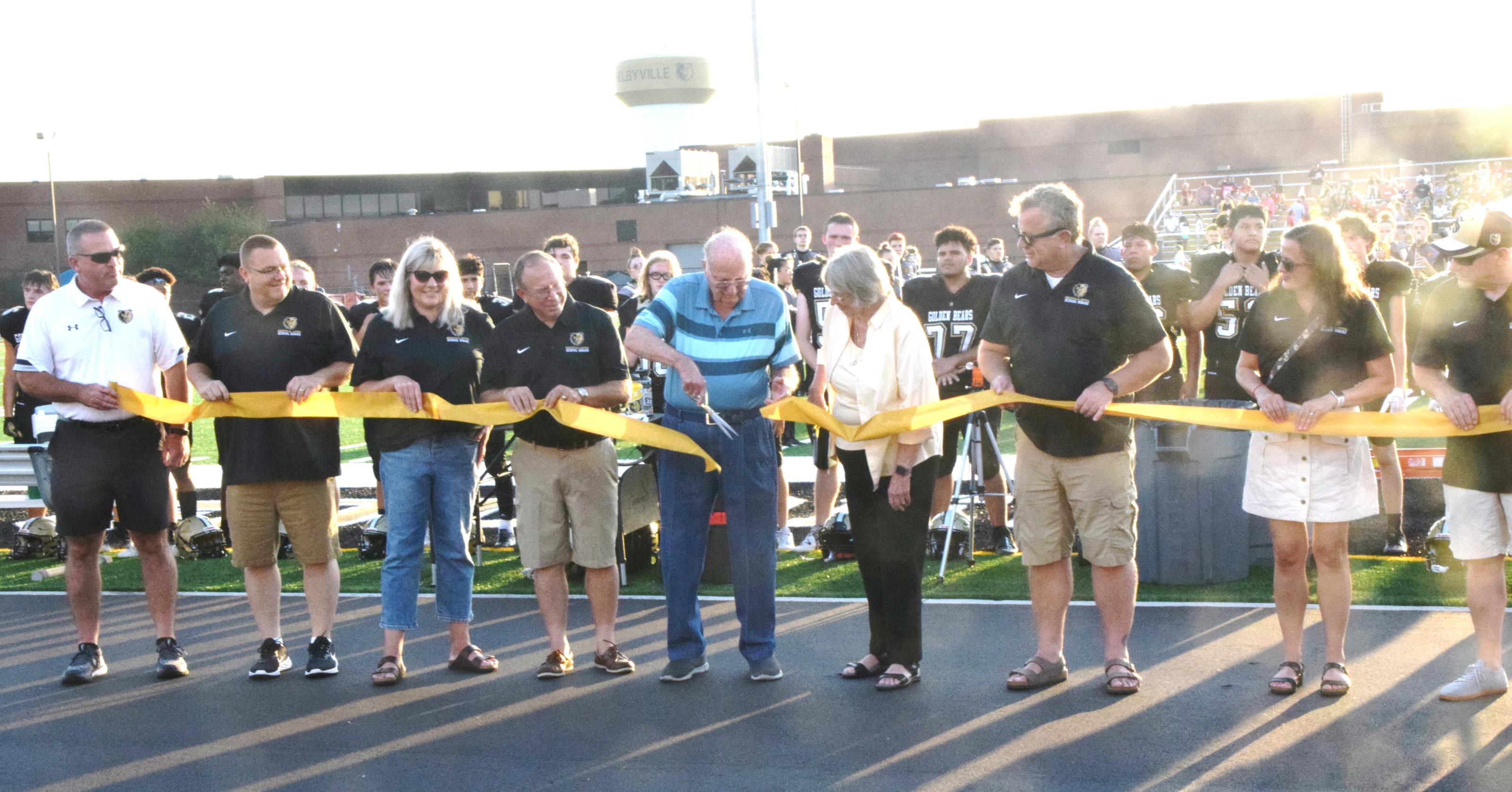
shelbyville-football-program-once-again-honors-legacy-of-j-m-mckeand
Work commitments in San Francisco precluded James McKeand’s attendance at Shelbyville High School’s 1979 stadium dedication to honor his father. His absence some 44 years ago made his presence at the Aug. 25 rededication of J.M. McKeand Stadium even more meaningful.
“James was very emotional and appreciative to have a second opportunity to attend Dad’s dedication,” said his sister, Emily Campbell. “It was a wonderful night for us to have Dad once again remembered for his contributions to Shelbyville athletics and Shelbyville High School. We are very grateful to the school for including us in a very special evening.”
The unveiling of the stadium’s new synthetic turf field, scoreboard and play clocks was the event that occasioned the rededication.
“The first game on the new turf field provided an opportunity to once again recognize the man who laid the foundation for Golden Bear football,” said Shelbyville Central Schools Superintendent Dr. Matt Vance.
McKeand Stadium was originally dedicated on Oct. 2, 1979, to honor the man who introduced the community to modern football and provided stability for the program for 22 years as Shelbyville’s head coach. Ezra Dagley was Shelbyville’s mayor and Randy Robertson was in his first year as the Golden Bear football coach.
More than four decades later, Emily and James (main photo, center) helped cut the ribbon to rededicate the stadium to their father and officially signal the opening of the field turf era for Shelbyville Golden Bears football. The Bears followed the ceremony by pleasing the home crowd with a 26-14 victory over Rushville.
James Monroe McKeand graduated from Saluda High School in Jefferson County, Indiana, in 1923. He attended nearby Hanover College where he lettered in football and track and graduated Magna Cum Laude in 1927. He earned a master’s degree in 1935 from Indiana University.
“Dad taught in a one-room school in Marble Hill near Madison during his senior year at Hanover,” said Emily. “He was an exceptional student. He majored in math and chemistry in college and graduated with honors.”
In 1983, McKeand wrote: “I entered Saluda High School in September of 1919 in a class of 12 members. Two of us graduated in 1923.”
He went on to write that the faculty consisted of a principal and one additional teacher and that the entire student body numbered approximately 25.
McKeand (photo) accepted a position teaching math at Shelbyville High School in 1927. He also was charged with the task of creating an updated version of Shelbyville football. Shelbyville had fielded a team in a very primitive version of the sport in the early 1900s, however that effort was discontinued in 1912.
The resurrected program under Coach McKeand 15 years later defeated Connersville 12-6 in the season opener and finished the 1927 campaign with a record of two wins and three losses. Shelbyville recorded a 7-2 campaign in 1930 and completed Coach McKeand’s most successful year with a 7-0 season in 1932.
The 1932 undefeated Shelbyville team (photo) posted two shutouts, outscored opponents 168-36 and allowed more than one touchdown in only one game. McKeand’s offense was powered by talented backs Charles Reimann and Ken Gunning. Gunning went on to become a second-team basketball All-American at Indiana University while Reimann entered the United States Naval Academy at Annapolis.
McKeand served active duty in the Army Air Corps during World War II from 1941 through 1945.
“He was stationed in the Philippines toward the end of the war,” said Emily. “The military there was making plans for an Allied invasion of Japan when the war ended.”
Assistant coaches Carl Humphrey, Ray Hinshaw and Ray Lackey directed the Shelbyville program during McKeand’s five-year absence during the war. McKeand was also a 20-year member of the National Guard, retiring with the rank of Lieutenant Colonel.
Coach McKeand returned to the SHS football helm following the war and posted standout 6-1 and 5-2 seasons in 1947 and 1948, respectively. One of McKeand’s halfbacks, Jim Mewborn, set a Shelbyville school record by scoring eight touchdowns in a 51-7 win over Greensburg in 1951.
McKeand’s final Shelbyville team finished 4-2-2 in 1952. McKeand retired as SHS head football coach following that season. He continued as track and field coach, a position he also assumed in 1927, until 1957.
Coach McKeand (photo, at 1979 dedication ceremony) met his wife, Lela, while they were both teaching at Shelbyville High School in 1927. They were married in 1930 and became the parents of three children. James never played football for his father, but he did run for the elder McKeand’s track teams in the mid-1950s. Emily began teaching in Fort Wayne and later moved back to Shelbyville where she enjoyed a 25-year career in vocational education; first in Shelbyville and then at Central 9 Vocational in Greenwood. The McKeand’s first born child, Marilyn, died from complications related to Leukemia at the age of 2 in 1936.
The McKeand family boasts significant athletic prowess among its progeny as well. Emily’s daughter Julie was a stellar Golden Bear athlete. She excelled in volleyball and set Shelbyville track records. She and her 400-meter relay teammates still hold the school record they established in 1991.
Julie continued her athletic achievements at Hanover College where she set a 100-yard record that stood for 24 years until 2016. Her significant volleyball achievements were recognized in 2016 with her induction into the Hanover College Athletic Hall of Fame.
Julie’s son, J.M. McKeand’s great grandson, Max, was a member of the Providence state championship basketball team in 2022.
J.M. McKeand retired from teaching in 1971 after 44 years of association with Shelbyville High School. McKeand worked for the Shelbyville Parks Department during his teaching career and continued following his retirement.
“He had worked for the parks department for many years, primarily during the summers,” said Emily. “He hired many SHS athletes to work for him throughout the years. He later worked as an assistant for Superintendent Pat Owens.”
McKeand was a very active member of the local Kiwanis Club for more than 50 years. He served in many capacities for the club, including president. The J.M. McKeand Kiwanis Football Award is presented annually to Shelbyville High School’s outstanding senior football player.
He also served as an elder for the First Presbyterian Church and was a member of the Shelbyville Plan Commission.
McKeand was a dedicated teacher. He wanted to be known as an effective educator.
“He worked with Julie when she was having difficulties with math during her junior high years,” said Emily. “Julie has spent 29 years in the New Albany School System where she teaches fourth grade students. She specializes in math. That would make dad very happy.”
McKeand died in 1988 at the age of 83. He was posthumously inducted into the Indiana Football Hall of Fame in 1990.
“I think Dad would like to be remembered as a kind person who first and foremost invested in others and in his community,” said Emily. “I believe he will best be remembered for his efforts to help others. That was what he valued most.”
And so, some 93 years after J.M. McKeand breathed life into a dormant SHS football program, the Shelbyville community rededicated its renovated football stadium and once again celebrated the remarkable individual who started it all.
Past, present, and future Golden Bear football players should forever remember that, in a very real sense, they had the opportunity to play football at Shelbyville High School because of J.M. McKeand.
Rededication photos by Steve Bush.
Get the most recent Shelby County Post headlines delivered to your email. Go to shelbycountypost.com and click on the free daily email signup link at the top of the page.


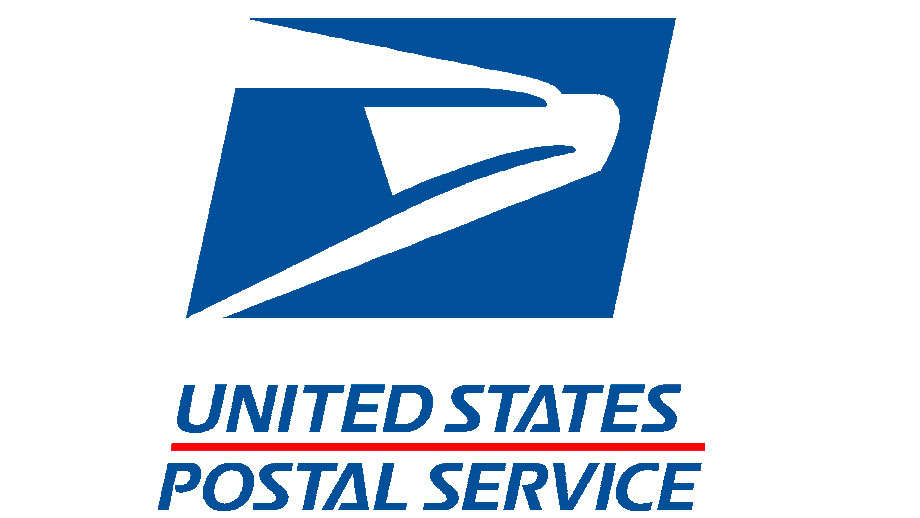 USPS calls for customers to help prevent letter carrier dog bites
USPS calls for customers to help prevent letter carrier dog bites
 Henry Albrecht Memorial Fund Walk-A-Thon set for April 12
Henry Albrecht Memorial Fund Walk-A-Thon set for April 12
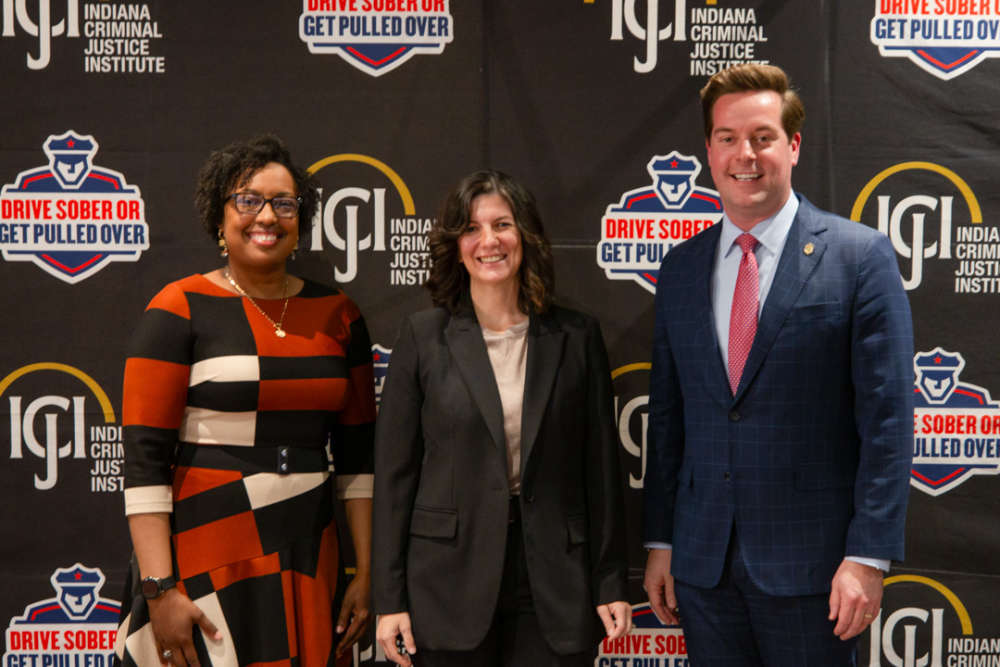 Shelbyville PD's Kyra Peoples among those honored for efforts to reduce drug-impaired driving
Shelbyville PD's Kyra Peoples among those honored for efforts to reduce drug-impaired driving
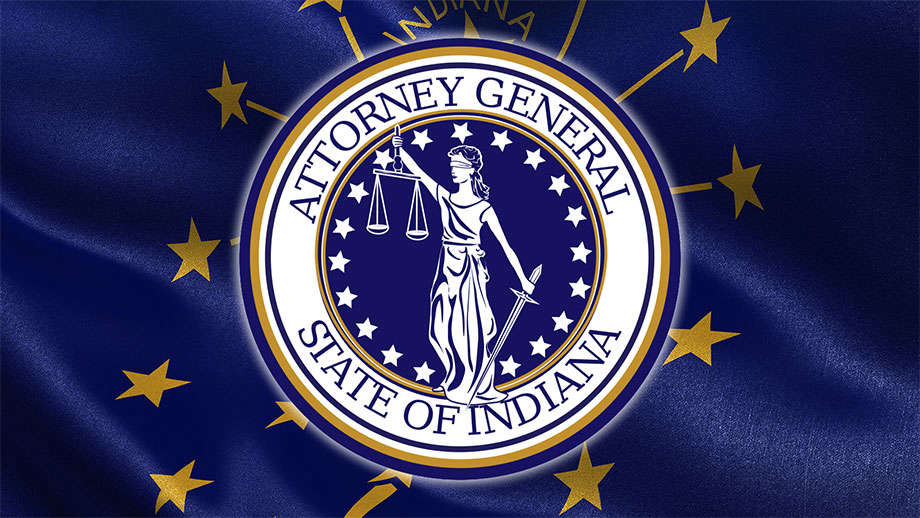 Attorney General says GM sold Hoosier drivers on using OnStar - then sold their data to raise rates
Attorney General says GM sold Hoosier drivers on using OnStar - then sold their data to raise rates
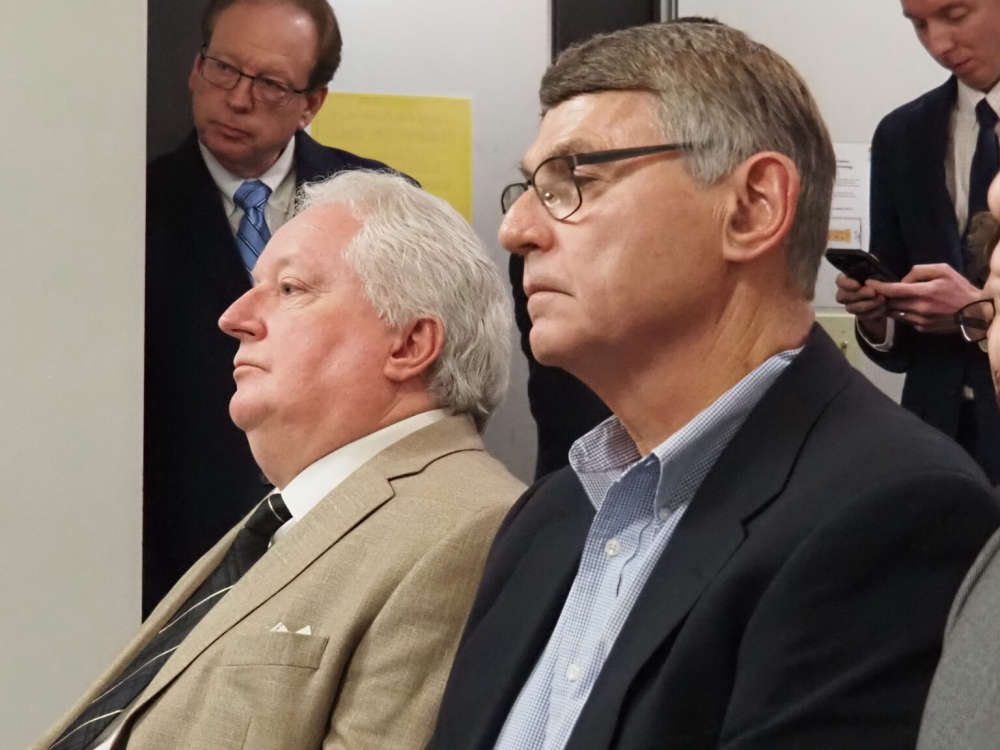 Independent pharmacists urge lawmakers to adopt PBM bill
Independent pharmacists urge lawmakers to adopt PBM bill
 Legislative Update hosted by Shelby County Chamber of Commerce
Legislative Update hosted by Shelby County Chamber of Commerce
 Bucky Barnes, Buddy Holly and more in downtown Shelbyville
Bucky Barnes, Buddy Holly and more in downtown Shelbyville
 Column: Satisfaction now comes in a bar of soap
Column: Satisfaction now comes in a bar of soap


